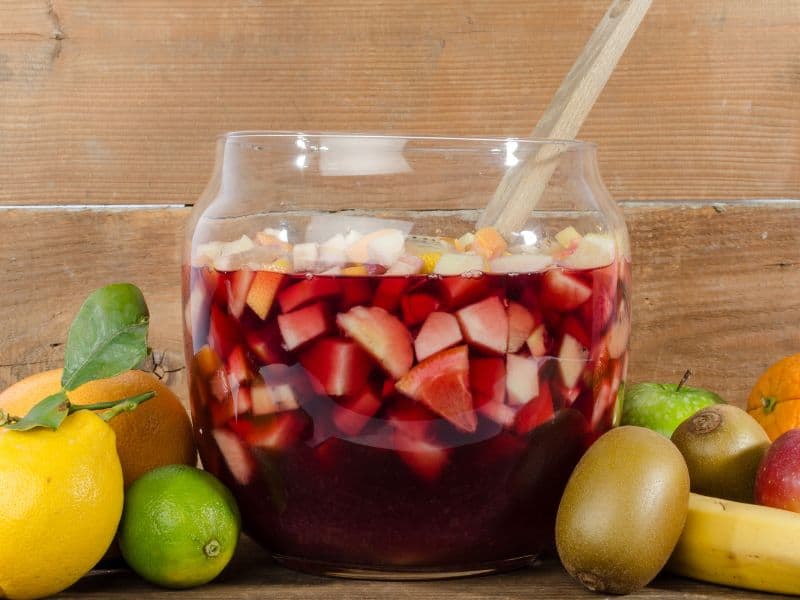

“There’s a difference between cooking to pay the rent versus cooking because you love it,” Brent said when describing how work has been since he moved back. After achieving a degree from the New England Culinary Institute in Vermont and investing over a decade on the west coast executing French cuisine, Brent Harding returned to his hometown and joined the Main Street Meats team. Main Street Meats began adjacent to a butcher shop and as the demand for farm fresh beef, pork and chicken grew, so did the need for skilled butchers to intricately cut portions for restaurant patrons and wholesalers. Here is a little insight into what each one had to say and also what they eat for breakfast.

However, it is a common theme to find those who own their own business, especially one where they produce a physical item, work non-stop but still their joy in life exudes beyond the time clock. We sat down with three local artisans to see what their handcrafted day is like and what the end of their work week produces besides a tangible product. With an influx of the working class going back to a less industrial time and working for themselves, becoming a craftsman can be trying on the back and the wallet, but so many choose to pursue it for a better work life balance. But what about where your table comes from or all the other awesome things placed upon it? Although the meaning behind this short lyrical piece may be cryptic, the three professions clearly prove to be in existence since the beginning of time and rhyme. There is currently so much emphasis on farm-to-table and where your food comes from.

Originally published in 1798, the “Rub-A-Dub-Dub” nursery rhyme speaks of three tradesfolk and the nonsense of possible debauchery. And who do you think they be? The butcher, the baker, and the candlestick maker. A butcher, a baker and a candlestick maker, Chattanooga style


 0 kommentar(er)
0 kommentar(er)
